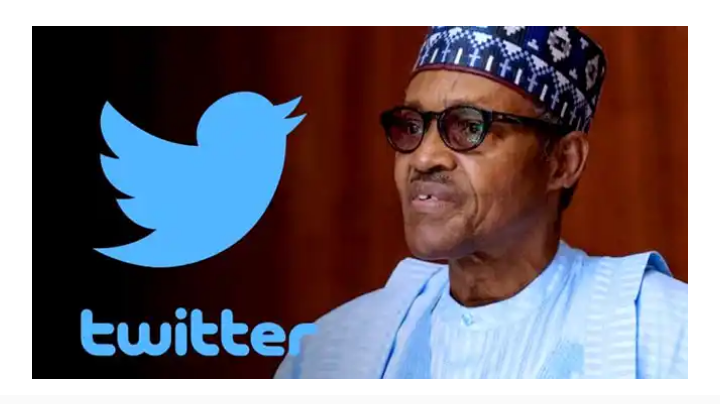The state-run News Agency of Nigeria says that the Nigerian government is “closely monitoring” Twitter now that billionaire Elon Musk has bought it.
Lai Mohammed, the minister of information and culture, stated during a press conference on President Muhammadu Buhari’s (2015–2023) series of accomplishments that monitoring is now crucial due to Twitter’s ownership change.
He cites numerous people who have expressed concern about Twitter being banned once more as fake news has spread throughout the country.
“Many have asked for our reaction following reports that there has been a spike in fake news, disinformation, and hate speech since the microblogging site changed ownership. “Many have even asked us if another ban is in the offing,” he said in a statement.
In his opening remarks, Mr Mohammed said that the warning to social media platforms had become necessary due to the rise in fake news and misinformation that had occurred after Twitter’s ownership changed.
“Let me say this: We are closely monitoring the evolving developments at Twitter.
“It has never been our intention to ban any social media platform or stifle free speech.” Not at all.
“But we will also not sit by and allow any platform whatsoever to throw our nation into crisis,” he explained.
The state-owned News Agency of Nigeria reports that Nigeria's government is closely monitoring Twitter following its takeover by billionaire Elon Musk.https://t.co/8legVAAp7Z pic.twitter.com/GGkutepvmQ
— BBC News Africa (@BBCAfrica) November 11, 2022
Read also: U.S. Senator warns Elon Musk over Twitter’s issue
Previous Events Related to Twitter
The minister said that the federal government shut down Twitter in June of last year because it was letting people who wanted to make the country unstable use its platform.
NAN says that the ban was lifted in January after Twitter agreed to a number of requirements. These included limiting the number of posts it made, paying the right taxes, and forming a local legal entity.
“Everyone is aware of what transpired in the Twitter case.“
Tuesday saw the new owner of the business, Elon Musk, announce that Twitter will start charging users $8 per month for the blue verification mark.
The change occurred just a few days after Mr Musk completed his $44 billion acquisition of the company.
On Tuesday, Mr Musk wrote in a tweet,
“Twitter’s current lords and peasants system for who has or doesn’t have a blue checkmark is bullshit.”
He continues: “Power to the people! Blue costs $8/month. Prices are adjusted by country proportionate to purchasing power parity.
The verified accounts will also get
“priority in replies, mentions, and searches; ability to post long video and audio; and half as many ads.” Additionally, users would be able to get around paywalls for “publishers willing to work with us,” he added.
Twitter also disclosed on Monday that all of the board members had been fired and that Musk now serves as the only director of the business in a filing with the Securities and Exchange Commission (SEC).
The post of Twitter’s CEO has also been taken over by Musk.
Twitter Verification
Musk’s proposal disregards the original intent of verification, which was to communicate authenticity. A verified badge aids in determining whether an account belongs to the person or entity whose name is at the top because Twitter doesn’t have a real-names policy. According to Twitter’s help centre, the blue “Verified” badge on Twitter lets users know that a public-interest account is legitimate, according to Twitter’s help center.
Even though it may look like a status symbol to some, it is given to journalists, celebrities, public figures, and other well-known people because it is risky not to verify them.
On this point, Musk is correct. Hacking verified accounts and changing their profiles to look like Musk is a well-known scam. But supposedly, one of his primary reasons for initially purchasing Twitter for $44 billion was to get rid of these kinds of con artists. In a strange twist, Twitter’s head of safety says that scammers are already using the idea of paid verification as a phishing trick.
Impersonation scams can cause a lot of trouble, as actor Robert Kazinsky pointed out in a popular Twitter thread.
“I don’t tweet much; I am scared of the internet, and I struggle with a lot of things in life.” But this account exists so that fake accounts can’t,”




